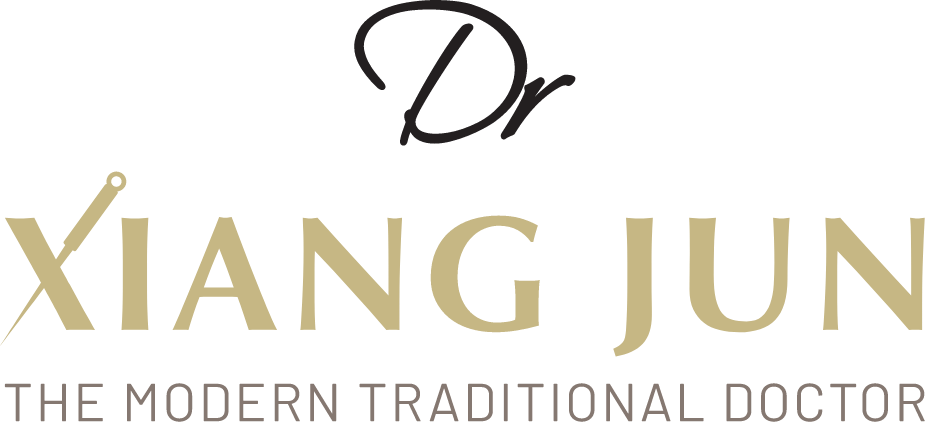Scientific Proof to How your Body react to Acupuncture - Eczema
Regular sessions of Acupuncture can treat Eczema.
Eczema, also known as atopic dermatitis is a common chronic relapsing inflammatory skin disease which is characterized by intense itching. It can be triggered due to low immunity, poor air quality and pollution, increased temperature. The effects that eczema can have on patients can be both physical and emotional. Oral antihistamines have been commonly prescribed as a conventional western medicine treatment method but the efficacy and safety of such method is questionable with a paucity in scientific papers that prove their treatment effectiveness while having the cognitive side effects of drowsiness. Topical corticosteroids have been also prescribed to treat eczema and although it does not damage internal health through its increased burden on liver and kidney, it has been found that there could be increased risk of lymph node cancer through long term application of such chemical creams.
Acupuncture has been proven to be able to treat eczema scientifically without the adverse effects that conventional medical treatment brings.
Here are some of the scientific papers that have proven this.
Conclusion: Acupuncture is an effective and safe method without the adverse effects of conventional medical treatment to treat eczema.
Conclusion: Acupuncture at the correct points showed a significant reduction in type I hypersensitivity itch in patients with atopic eczema. With time the preventive point-specific effect diminished with regard to subjective itch sensation, whereas it increased in suppressing skin-prick reactions.
Conclusion: There is a reduction of itch intensity and of in vitro allergen-induced basophil activation in patients with atopic eczema after acupuncture treatment. Reducing basophil activation can be a further tool in investigating the mechanisms of action of acupuncture in immunoglobulin E-mediated allergy.
Conclusion: Acupuncture is effective at reducing itch intensity and may be more effective than conventional medicine at reducing the eczema area and severity index and improving the global symptoms of atopic eczema.
Further reading:
Everything you need to know about Acupuncture
Natural Alternatives or Chemical Drugs?
Scientific Proof to how your body reacts to Acupuncture - Rosacea
Scientific Proof to how your body reacts to Acupuncture - Plantar Fascitis
Scientific Proof to how your body reacts to Acupuncture - Sinusitis
Scientific Proof to how your body reacts to Acupuncture - Snoring
Scientific Proof to how your body reacts to Acupuncture - Constipation
Scientific Proof to How Your Body Reacts to Acupuncture - Acne Scars
Scientific Proof to how your body reacts to Acupuncture - Neck and Shoulder Aches and Pain
Scientific Proof to how your body reacts to Acupuncture - Urinary Incontinence
Scientific Proof to how your body reacts to Acupuncture - Sciatica






